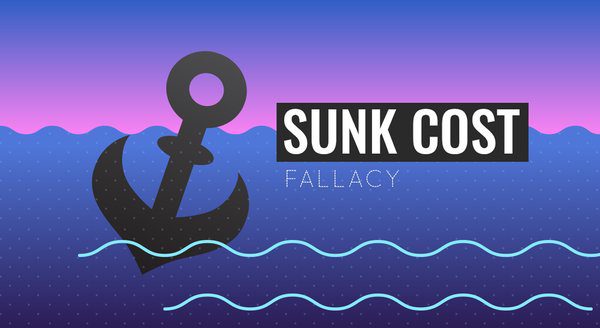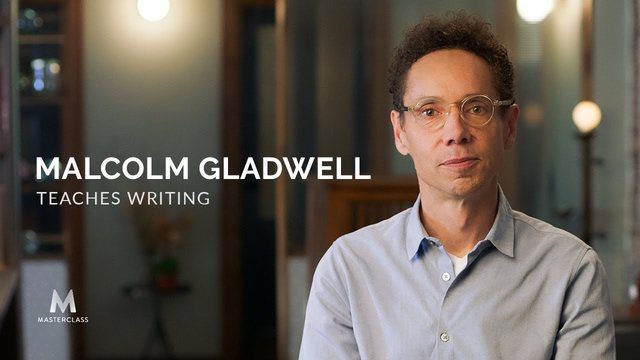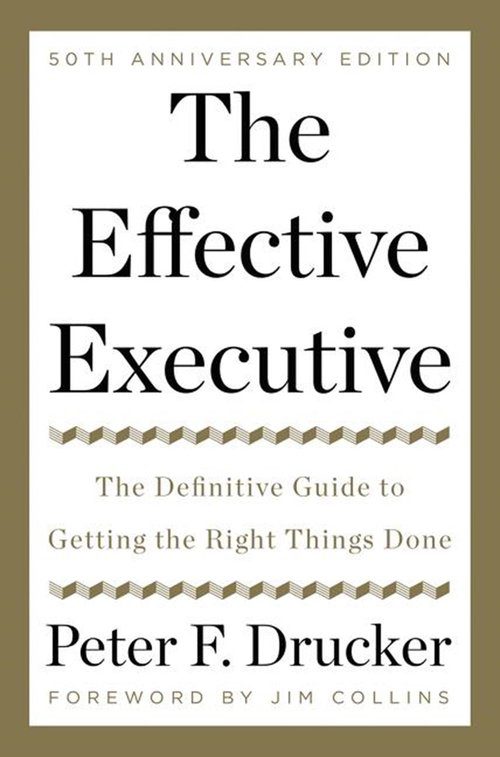Recently I enrolled in a Bootcamp, which I had thought would help me achieve one of my career goals. Few weeks into the program and after I had paid a large sum of money, which was non-refundable, I realized It was not going to help achieve the career goal that I had intended and coupled with my hectic work schedule. It was not easy pulling the plug on the program, even though I had invested a large chunk of money, but I had to for the sake of my sanity & save money, time, and energy.
In retrospect, it was not a wrong move to leave the program as I was able to use that time for some other activities such as writing some IT certifications. I had to think of the trade-off I would be making vis a vis my career goals.
The Sunk Cost Fallacy is the tendency to continue to sink money, time, or effort into an activity/project we know is not going to give us our expected result. We continue these resources imply because we have already incurred a cost (sunk), which cannot be recouped. We place more value on the project based on how much we have already invested rather than the real present value.
The sunk cost is very pervasive in every area of our lives as we continue to spend money, time and effort in abusive relationships, loss generating business, viewing boring movies or sports games, nonproductive dating/marriage, or even schooling and career choice. There are lots of examples of the sunk cost in the business world such as Concorde, Google Glass, Microsoft Zune among others.
Here are some examples of the sunk cost fallacy:
In his book, Essentialism: The Disciplined Pursuit of Less, Greg McKeown argues that the sunk cost leads to a vicious circle: the more we invest, the more determined we become to see it through and see our investment pay off. The more we invest in something, the harder it is to let go.
The sunk costs for developing and building the Concorde was around $1 billion. Yet the more money the British and French governments poured into it, the harder it was to walk away. Individuals are equally vulnerable to sunk-cost bias. It explains why we’ll continue to sit through a terrible movie because we’ve already paid the price of a ticket. It explains why we continue to pour money into a home renovation that never seems to near completion. It explains why we’ll continue to wait for a bus or a subway train that never comes instead of hailing a cab, and it explains why we invest in toxic relationships even when our efforts only make things worse.
Examples like this abound; consider the somewhat bizarre story of a man named Henry Gribbohm, who recently spent his entire life savings, $2,600 in total, at a carnival game trying to win an Xbox Kinect. The more he spent, the more determined he became to win. Henry said, “You just get caught up in the whole ‘I’ve got to win my money back,’ but it didn’t turn out that way. The more he invested in trying to win this nonessential item, the harder it was for him to walk away.
The Concorde story is an excellent example of the sunk cost: The French and British Governments continued to fund the joint development of the expensive Concorde supersonic airplane even after it became apparent that there was no longer an economic case for the aircraft. The British government privately regarded the project as a commercial disaster that should never have been started. However, political and legal issues made it impossible for either government to pull out.
Seth Godin in his book: The Dip: A Little Book That Teaches You When to Quit (and When to Stick) shares a great story of an individual that defied the sunk cost bias:
Best-selling author Michael Crichton quit as he was on his way to a career at the top of his profession. When he gave up medicine, Crichton had already graduated from Harvard Medical School and done a postdoctoral fellowship study at the Salk Institute for Biological Studies, guaranteeing him a lucrative career as a doctor or as a researcher. He traded it for the unpredictable life of an author.
Crichton had no stomach for cutting people open, and he decided he didn’t relish the future a medical career would bring him, regardless of how successful he might become at it.
So he quit. Crichton saw that just because he had already gotten into Harvard, already earned a fellowship—already made it through the Dip—he didn’t have to spend the rest of his life doing something he didn’t enjoy in order to preserve his pride.
He stopped cold turkey and started over. If he can quit, can you?
It can be extremely hard to quit a career, a relationship, or ending a project/product that is not achieving the expected goal. You have to ask yourself: where is this leading to? Will this matter in the next five years? Will I regret this on my death bed? The most important thing when you are about to make the decision of leaving or staying is your Why.
All the Best in your quest to get better. Don’t Settle: Live with Passion.



Comments are closed.